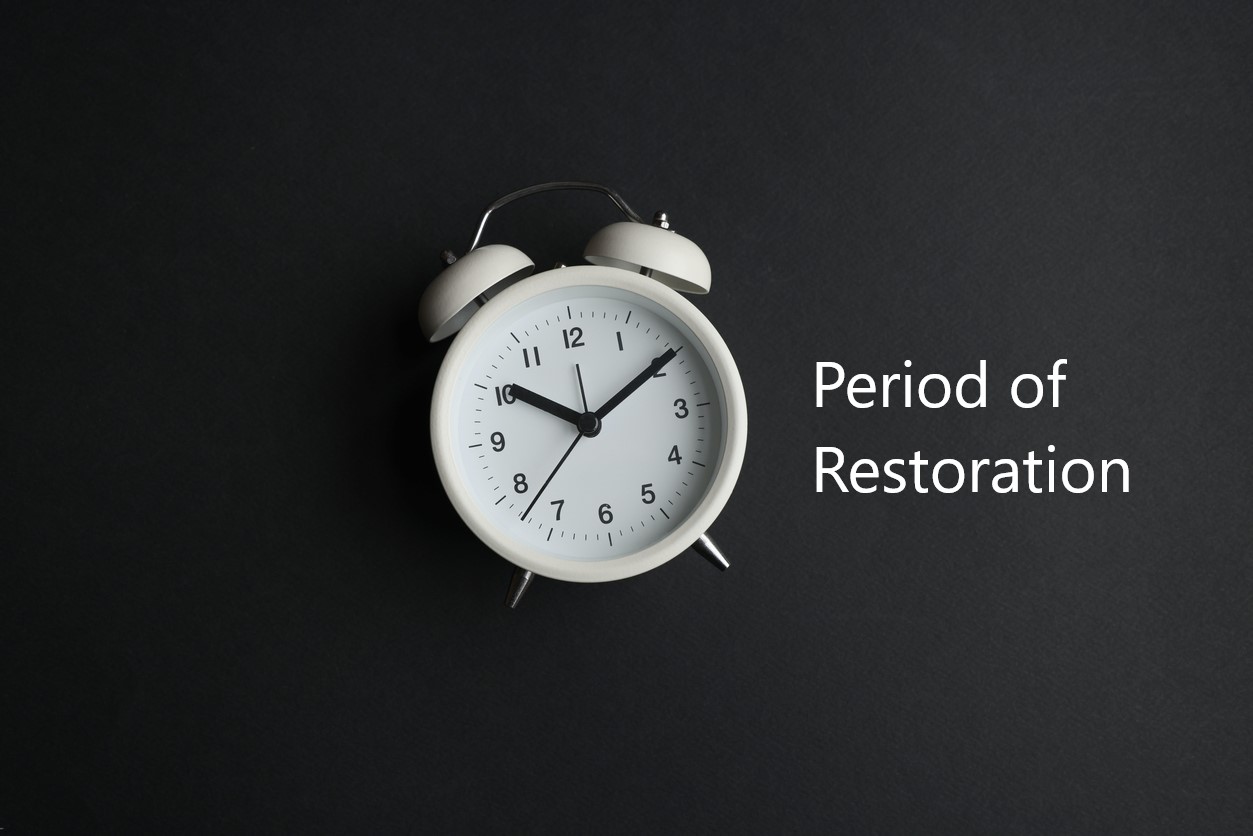Mediation is defined as “[a] method of nonbinding dispute resolution involving a neutral third party who tries to help the disputing parties reach a mutually agreeable solution.”1 Appraisal is defined as “[t]he determination of what constitutes a fair price; valuation; estimation of worth.”2 A bit more specifically, appraisement is defined as “[a]n [alternative dispute resolution] method used for resolving the amount or extent of liability on a contract when the issue of liability itself is not in dispute.”3
Most insurance policies contain a “Mediation or Appraisal” condition. The mediation prong of this condition usually starts off along these lines: “If there is a dispute with respect to a claim under this policy, you or we may demand a mediation of the loss in accordance with the rules established by the Department of Financial Services.” The appraisal prong of this condition usually reads along these lines: “If you and we fail to agree on the amount of loss, either may request an appraisal of the loss by presenting the other party with a written request for appraisal of the amount of loss. If the other party agrees in writing to participate in appraisal, then appraisal shall proceed pursuant to the terms of a written agreement between the parties.” And policies will sometimes contain language along these lines: “If, however, we [the insurer] demanded the mediation and either party rejects the mediation results, you are not required to submit to, or participate in, any appraisal of the loss as a precondition to action against us for failure to pay the loss.”
The issues surrounding mediation and appraisal are far too many to address in one post; prospective blogs will revisit today’s topic from narrower angles. As for today, I think it worthwhile to touch upon some practical and legal considerations likely to arise early in the alternative dispute resolution process.
As for practical considerations likely to arise early in the alternative dispute resolution process, here are a couple. First, are the results of mediation and appraisal binding? Under most policies, appraisal involves two appraisers (one selected by each party) and an umpire (agreed upon by the parties or assigned by a Judge if the parties cannot agree), and, barring some sort of naughtiness (e.g., fraud or collusion) or blatant error, agreement between any two of the three as to amount of damages binds all. Mediation, on the other hand, involves a different cast of characters (always a mediator and the parties, and sometimes adjusters and attorneys) and is not binding. Second, who pays for mediation and appraisal? Under most policies, the insurance company and the policyholder will pay the costs of their own appraisers and split the cost of the umpire. Mediation costs, on the other hand, are typically paid by the insurer.
As for legal considerations likely to arise early in the alternative dispute resolution process, here are a couple. First, the common policy provision relating to failed mediation mooting the need to submit to appraisal before filing suit (cited above) would cut both ways; i.e., if the parties cannot come to terms on the carrier’s coverage liability, neither party is required to appraise damages and can properly seek judicial intervention. As Lee Corso of ESPN’s College GameDay program would say: “not so fast, my friends!” First, Florida courts have determined mediation ending in an impasse only moots the need to submit to appraisal before filing suit when an insurer requested the mediation, not when an insured requested the mediation.4 Second, Florida courts are divided on the issue of whether coverage issues need to be resolved before appraisal takes place (one-track jurisdictions) or whether appraisal can proceed while coverage issues are pending (dual-track jurisdictions).5 So be mindful of the jurisdiction in which your claim lies.
To read previous posts in my series on insurance policy conditions, click here.
1 Black’s Law Dictionary 444 (2d Pocket ed. 2001).
2 Id. at 40
3 Id.
4 See 17 Fla. Prac., Insurance Law § 14:8 (West, Nov. 2012).
5 See 17 Fla. Prac., Insurance Law § 14:8 (West, Nov. 2012) (noting that the Third District Court of Appeal is a dual-track jurisdiction and the Fourth District Court of Appeal is a one-track jurisdiction).




